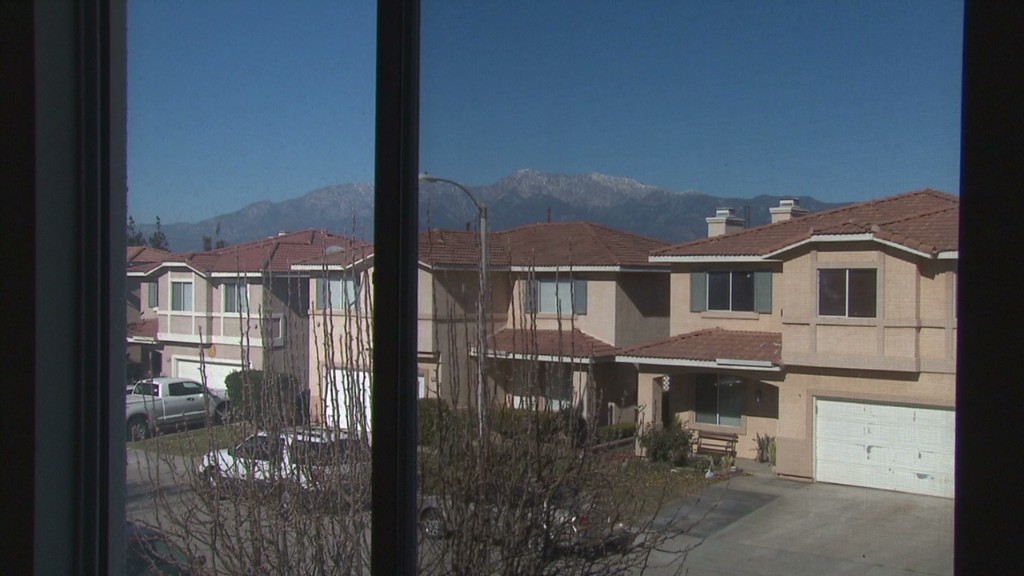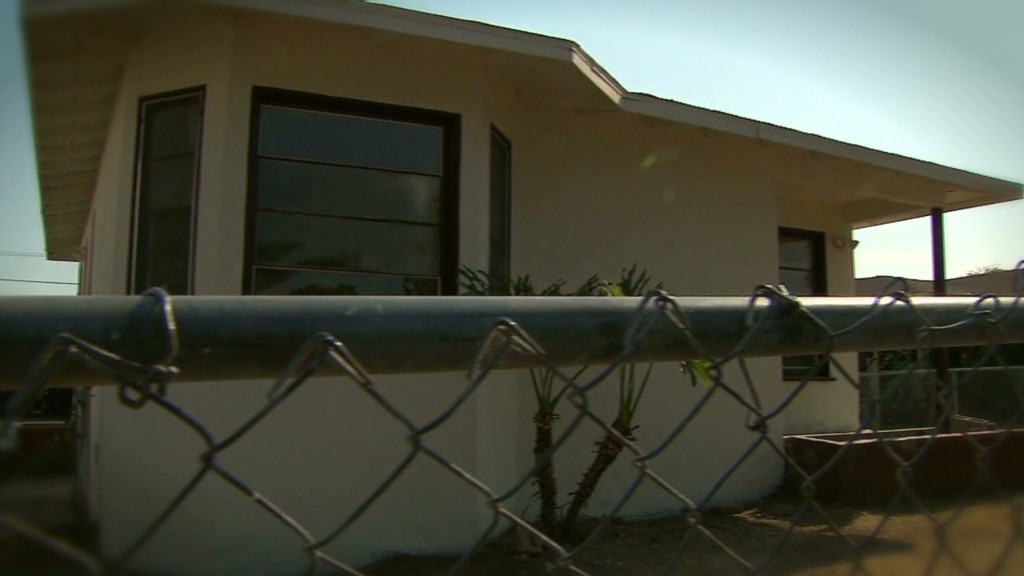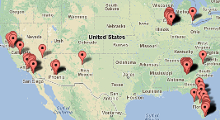
Struggling homeowners increasingly turned to short sales to get out from under mortgage debt last year.
There were nearly three times as many short sales as there were sales of foreclosed homes in 2012, according to RealtyTrac. Foreclosures accounted for 11% of all sales, down from 13% a year before. Meanwhile, short sales rose 5% year-over-year, accounting for 32% of all home deals.
"We're seeing fewer of the most disruptive sales, the [bank-owned foreclosures], hitting the market but there are still a lot of distressed property sales," said Daren Blomquist, spokesman for RealtyTrac. "They're shifting to short sales, though."
In a short sale, homeowners sell at a price that is less than what they owe the bank, and the bank agrees to absorb the loss. Typically, a seller has to demonstrate some kind of financial hardship before the bank will approve the deal -- and forgive the unpaid debt. The bank then sells the house, typically at a better price than it would have gotten had the home gone into foreclosure.
During the fourth quarter, the average discount on a foreclosure was a whopping 39%, while the average short sale sold for 23% below market, RealtyTrac found.
Related: Million-dollar foreclosures
The biggest spike in short sales last year occurred during the second half of the year. Fueling the increase was the National Mortgage Settlement, an agreement between the government and the nation's five biggest mortgage lenders which was finalized last February.
Under the terms of the deal, the banks receive credit towards the settlement when they approve short sales for distressed homeowners. Of the $45 billion in consumer relief that lenders have reported under that agreement, $19 billion has gone toward forgiving debt in short sales, according to the latest report from the Office of Mortgage Settlement Oversight.
Related: 10 great foreclosure deals
Many underwater homeowners were also scrambling to unload their properties before the Mortgage Forgiveness Debt Relief Act was set to expire December 31. Had the act been allowed to lapse, homeowners would have had to start paying income taxes on the portion of their mortgage that is forgiven in a foreclosure, short sale or principal reduction.

The growing number of short sales helped buoy the housing market and push distressed home prices higher last year. During the fourth quarter, for example, homes that were either bank-owned or in foreclosure sold for an average of $171,704, an increase of 4% from a year earlier.
Related: Foreclosures -- hardest hit neighborhoods'
In Arizona, prices were 22% higher in the fourth quarter compared with late 2011. In Nevada, prices jumped 21%; and in California -- where short sales comprised more than a third of all sales -- they increased 14%, RealtyTrac reported.



